Do you see an increase in staff attrition? What if your employees are stressed out? Depressed? You might not know an exact answer. Because no one talks about mental health in the workplace. Why?
Mental health is a serious issue and not easy to find out if someone is battling with psychological problems. No one drops a mail saying “I’m down with anxiety or panic attack” it is not as easy as talking about food poisoning or viral fever. Stigma remains even though there are mental health movies, Tv shows, and celebrities spreading awareness about different mental illnesses.
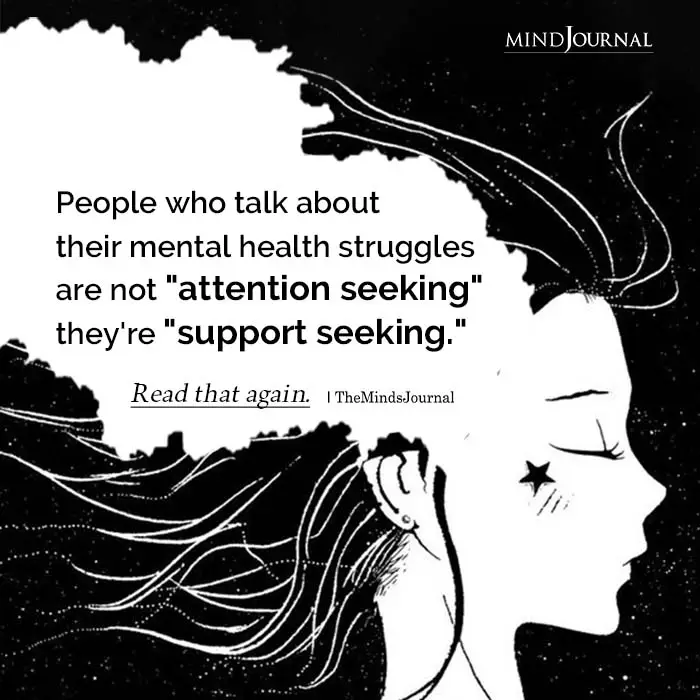
So, employers must create a culture that supports mental health in the workplace. Prioritizing psychological wellbeing will make your employees feel safer to open up about their problems and deal them better.
In this regard, this post covers why workplace mental health matters, some effective ways employers can improve mental health in the workplace, and essential tips for employees to improve their psychological wellbeing at work.
Why workplace mental health matters
Do you know depression has turned out to be the leading cause of disability worldwide? Every year 200 million workdays are lost due to depression at a cost to employers of $17 to $44 billion. According to data obtained from the Conference Board of Canada, employees with a high-stress level miss twice as many workdays when compared to employees with lower stress levels.

When people are mentally ill, it hampers their work to a great extent. Mental health issues like stress and anxiety lowers interest in work, make people less focused and engaged in work. As a result they tend to be less productive!
That’s not all!
Poor mental health has detrimental effects on physical health causing poor sleep, hormonal imbalance, heart disease, indigestion, stroke, and many more. And the result is more sick leaves and high absenteeism, which cost employers more money.
Thus, mental health in the workplace matters very much and it is important for business leaders to take action.
What are the best ways employers can improve mental health in the workplace?
1. Feel free to talk about mental health in the workplace
The Meghan Markle Interview that went viral recently clearly established a point that speaking about mental health struggles is not “attention-seeking” but “support-seeking”. She said that it’s 2021 and there are many people across the world who still believe mental health issues are just myths. Mental health stigma is the root cause that so many people are suffering in silence. Stop the taboo!
Read: The Meghan Markle Interview: Are We Still Not Ready To Talk About Mental Health?
If you want to support your staff or workplace colleagues speak candidly about mental health, stress management, self-care in meetings and emails. Share your personal experiences or opinions about movies and TV shows based on mental health without shame, during fun Friday sessions.
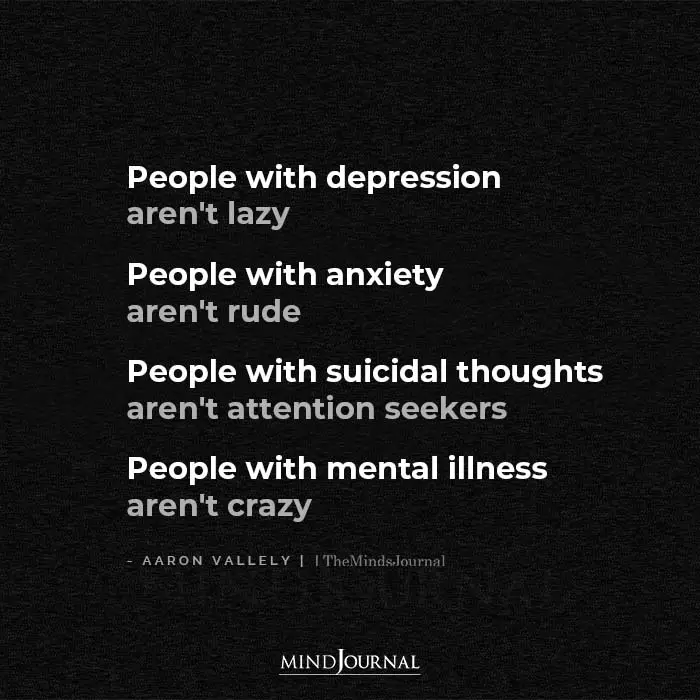
2. Create a mentally healthy workspace for employees
Is your workplace ambiance uplifting? Do employees feel energized? Are you offering them a comfortable workstation? Have you shared clear guidance on priorities and what is expected of employees?
If no, then it’s time to create a mentally healthy workspace. When people feel work in a comfortable office space -with natural light, mood calming ambiance, positive features like plants, adjustable chairs, and desks – they are more productive and enjoy a greater sense of well-being.
Read Mind Help Mood Tracker: Mental Health Awareness Month 2021
3. Be consistent and positive in your efforts
Consistency is the key to achieve any goal in life. If you want to improve mental health in the workplace, create a culture and atmosphere of open conversation about depression, anxiety disorder and other such illnesses. When you do notice an employee with signs of irritation or low mood, don’t hesitate to ask them if everything is alright. Remind them that you’re there to help and that they have access to assistive resources.
Educate your managers about the signs and symptoms of different mental health problems. Provide proper training so that they respond to employees appropriately. A caring conversation between a supervisor and an employee can do wonders. It will encourage an individual to seek help.
Make employees feel understood and appreciated. People treating mental illness the same as physical illness is a long way to go. It’s not an overnight process, so take one step a day! Promote psychological wellness one small step at a time through webinars or monthly wellness programs.
4. Take care of different levels in your organizational hierarchy
Irrespective of job designation, every person is prone to stress. Mental health in the workplace is equally important for managers and subordinates. So, employers must include all levels of staff to improve mental health in the workplace. Culture starts at the top! When managers and executives demonstrate the importance of psychological well-being, employees believe that you genuinely care for them.
Managers should be available for juniors whenever they need support. And focus on maintaining an effective and supporting team environment. Managers should set a good example for a happy, healthy, and productive workforce, which is one of the characteristics of a mentally healthy workplace.
Read 5 Ways To Create More Positive Workplace Changes
5. Give your employees a chance to recharge
Let your staff take mental health days off. Don’t pester them asking for prescriptions or medical certificates for missing work unless the leave count is too high. Also, you can offer a flexible work schedule so a person can attend therapy appointments. Ensure you won’t penalize anyone for taking care of their mental well-being. Additionally, be sensitive to the needs of single-parent or those with others to care for.
Most people shy about taking care of their mental health needs. The best that you can do is wholeheartedly support your employees’ initiatives to take care of their minds in the same way you want them to take care of their physical bodies. Please take out time to praise and recognize your employees for good performance and achievement. That’s a biggest stress-buster for any employee!
Read What Women (And Men) Really Want at Work
6. Provide necessary tools and resources and be ready to help
Human Resource Department must nurture a positive culture by giving multiple opportunities to employees to keep mental health subjects on the top of their minds. As well as come up with healthcare coverage and other offerings such as discounts that support mental fitness. Or by providing in-service training on self-care and stress management. Emphasize the importance of building healthy strategies into daily life.
Aetna’s Chairman and Chief Executive, Mark Bertolin arranged a specially designed yoga and meditation program for employees to increase mindfulness. Later, he reported that this initiative increased employe’ productivity and decreased their stress levels. You can also offer incentives to employees participating in wellness programs, or offer free gym memberships. These initiatives will help employers make wellness a top priority for their organizations.
Worried about cost?
You will be glad to know that $1 to $3 decreases in the overall health care costs for every dollar spent, according to a report by the not-for-profit International Foundation of Employee Benefit Plans.
If you are a small enterprise, you can start small by sharing mental health counseling videos or podcasts on PTSD, suicide, and other topics.
7. Facilitate access to resources
Facilitate access to right and relevant tools like free screening tools and resources to avoid any harm. You can take the help of professionals to ensure all the mental health tools are updated and accurate. So, that people at risk of certain issues like depression can seek immediate treatment.
Don’t just focus on theoretical explanation. It is recommended to share practical advice that your workers can utilize to get better. You can share information related to the best counseling and community mental health care centers in the city or any free resources available for older adults. Share content in written and other formats like audio and video to eliminate any barriers to access valuable information.
Read 10 Tips For Dealing With Negative Energies At Work
8. Ensure confidentiality and anonymity
Despite mental health awareness being a viral topic online, many people feel uncomfortable discussing depression, drug addiction, trauma, or suicidal thoughts. Take care of privacy and confidentiality of employee details and their use of mental health resources. Ensure that their details will not be shared with any third party for personal benefits or commercial profits. Reassure your staff that their use of wellness resources will be not be monitored or tracked.
That’s all about how employers can support and improve mental health in the workplace.
Employees must also take care of their minds and body to keep serious mental health issues at bay. Your health is your responsibility. Read on to know how.
14 Tips for working men and women to improve mental health in the workplace
- Make healthy connections with your co-workers.
- Talk to your best buddy or meet a therapist to release bottled-up emotions, thoughts, or feelings.
- Practice mindfulness and meditation for few minutes a day.
- Accept the negative emotions and experiences, instead of judging or fixing them.
- Don’t focus on weakness, work on your strengths! You will grow faster.
- Set realistic targets on a daily basis.
- Despite COVID-19, continue progressing towards big goals.
- Sleeping for 7-9 hours every night is crucial for mental health.
- Take breaks during work and exercise every day to enjoy better health.
- Consume a healthy diet to keep depression at bay.
- Engage in activities you love such as painting, trekking, or playing guitar to release happy hormones like dopamine and serotonin that improves mood. Promise yourself to maintain a work-life balance.
- Work in a healthy light to improve mood and energy levels
- Engage in charity work or any noble cause to increase your own level of happiness.
- Be creative – it reduces anxiety, depression, and stress.
For all those who are reading this post, some of you are employers and some are employees, remember that improving mental health is a daily process. Make strides one step at a time. Hurry causes worry and frustration. Employers should empower their staff as much as possible through awards and accolades and regular feedback on improvement. Human Resources has a wonderful opportunity within the organization to influence employee mental health. So, they must come up with the best programs to support mental fitness. Employees should try to be their best selves and take utmost care of their mental health every day.
Are you ready to improve the mental in the workplace?
Leave a comment below.
Please share this article with anyone who you may think will find it valuable and helpful.
References:
- Schott, R.L., 1999. Managers and mental health: Mental illness and the workplace. Public Personnel Management, 28(2), pp.161-183.
- Lee, C., 2018. Culture, consent and confidentiality in workplace autoethnography. Journal of Organizational Ethnography.
- LaMontagne, A.D., Martin, A., Page, K.M., Reavley, N.J., Noblet, A.J., Milner, A.J., Keegel, T. and Smith, P.M., 2014. Workplace mental health: developing an integrated intervention approach. BMC psychiatry, 14(1), pp.1-11.
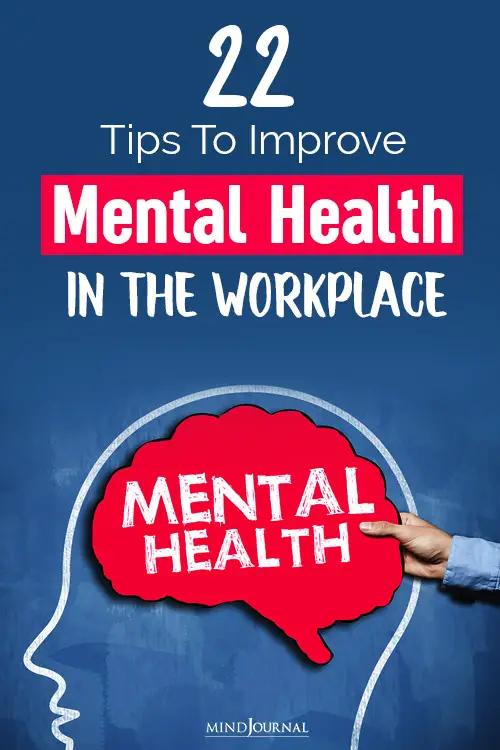
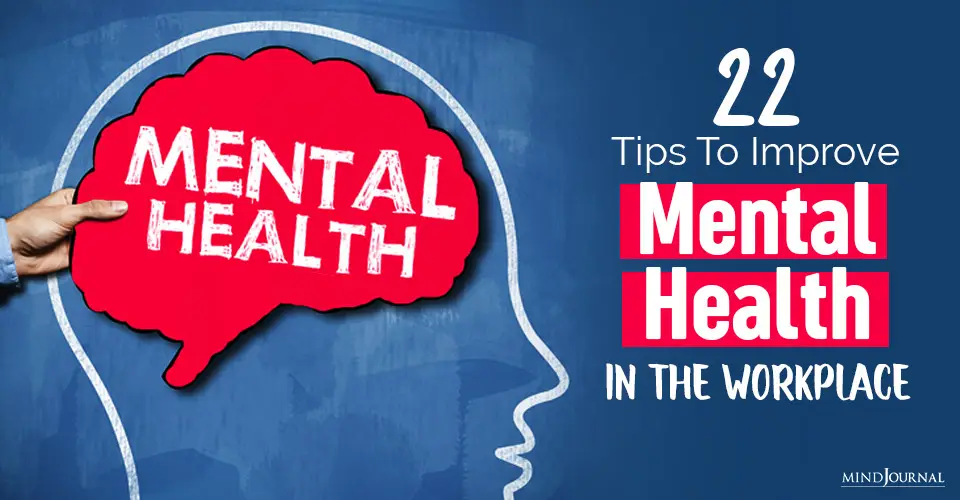
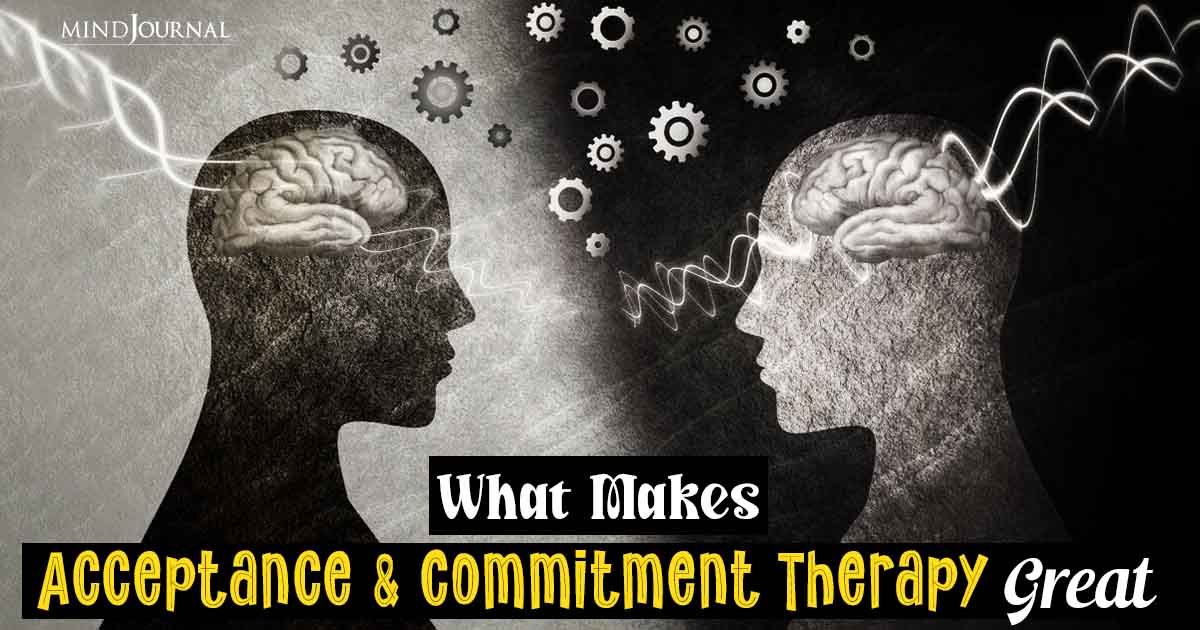






Leave a Reply
You must be logged in to post a comment.